What We Do & Who We Are
What We Do | Contact Info | Staff
HSDC’s Parent-Infant Program (PIP) is a birth to three service providing free parental support and coaching for the families of Deaf, DeafBlind, and hard of hearing toddlers. Families in King, Pierce, and Snohomish Counties are eligible to receive services.
PIP uses a bilingual/bicultural approach that emphasizes language acquisition in both American Sign Language (ASL) and English. While enrolled in PIP, families will develop their ASL skills to create a nurturing, language-accessible home for their Deaf or hard of hearing toddler.
Curious about the benefits of bilingual education for deaf and hard of hearing children? Contact us with questions.
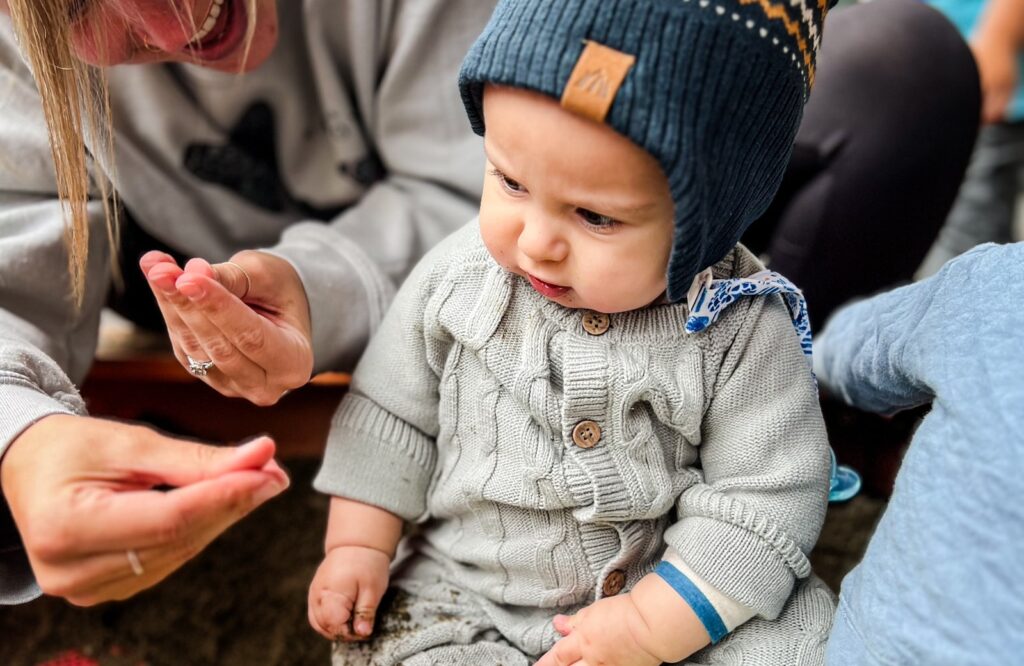
Our bilingual and bicultural approach to teaching families and their deaf and hard of hearing children, emphasizes learning both American Sign Language (ASL) and English as separate languages. Becoming bilingual involves understanding multiple meanings for objects, people and situations, and the different ways these meanings can be expressed, signed, written and spoken. We reach for these bilingual skills to enhance problem solving, concentration, memory and literacy skills for deaf and hard of hearing children and their families.
We offer families teachers and language models who are fluent in both languages, for our home visits and throughout our onsite education programs. We use books and encourage reading together to promote and encourage literacy and fluency in both ASL and English.
With consistent early exposure to American Sign Language, infants and toddlers are capable of communicating with their families often before they can speak clearly. For example, a six month old can accurately sign the word “MILK” with ease, instead of saying, “MOM!! I’m hungry, or can I have my bottle please”. Giving a child ASL early, gives them a way to express themselves, to understand others, to access meaning in their world, to think and solve problems, and to develop relationships. ASL also gives children a way to connect meaning to print and sound they experience in their home. Using ASL with toddlers who may not speak clearly, is known to reduce frustration levels, reduce tantrums, and strengthen bonds between infants and caregivers because it allows a child to communicate and be understood.
Giving a child a solid language foundation gives them a way to understand concepts in other languages, like English, both written and spoken. We start with ASL. It’s the first step to bilingualism.
Services We Offer
- Home visits for parental support, child development awareness and language coaching
- Knowledge and lived experience of Deaf, Hard of Hearing providers
- American Sign language during visits and in virtual ASL classes
- ASL classes in other spoken languages, (Spanish, Ukranian, Somali)
- Parent Nights – for language support and connection to other parents
- Play groups – for language learning and connection to other families
- ASL Storytimes at local libraries – connecting ASL to literacy · ASL stories on our YouTube channel
- Monthly Newsletter for PIP and Rosen families
- Monthly tours of our onsite childcare and preschool classrooms
- Connection to the Deaf community
We value the lived experience of Deaf and Hard of Hearing people; Language access and the Deaf community.
Home Visits
Our PIP developmental specialists travel to your home, bringing their expertise, their lived experience, bilingual skills and resources to share. We believe in personalized support and guidance within the comfort of your own home. Our team spends time with you, learning about your hopes and dreams for your children. We teach parents, caregivers and your entire family ASL, while we support your family’s needs. We address concerns about child development, language, communication strategies, access to sound, and we celebrate the joys and successes of raising your deaf or hard of hearing children.
We teach parents the crucial role you play in the language development of your child and we remind you that children can not learn language if they can’t access language input from other people. We help you create a visually accessible language-rich home environment. We work with you to create learning experiences that support language acquisition, cognitive growth, parent-child bonding, and that you can incorporate into your daily routines. We aim to make the learning process convenient for you, your deaf or hard of hearing child and your family.
- Home visits can include you, your family members, your PIP provider and any other service providers on your IFSP (Individual Family Service Plan) team. You get to choose!
- Home visits with PIP providers will often involve using an interpreter so new families can communicate with their Deaf or Hard of Hearing provider.
- Home visits can take place in your home, a local park, a library, community center, or your child’s day care center.
- Home visits can also take place virtually: using Zoom, video chat programs or via videophone, depending upon your family wishes and needs.
- Home visits can happen one to four times a month (1/mo or 4x/mo)
PIP Welcomes Listening Devices
We welcome children with cochlear implants and other listening devices. We are proud supporters of the CI-Sign Campaign.
“The CI SIGN Campaign is an initiative by Iona University IACD and Language First. It is a collaborative effort to raise awareness about the importance of using a natural signed language like ASL with deaf children who have cochlear implants (CIs). Frequently, deaf children with CIs are not exposed to signed language. This is because of a few prevailing beliefs: one asserts that the CIs effectively “restore” hearing and, therefore, a visual language like ASL is unnecessary. The other misconception is that implanted deaf children must prioritize learning to listen with the device, and any exposure to a visual language will “hijack” that focus. However, current evidence in neuroscience and language development, as well as firsthand evidence from families debunks these beliefs.”
Language First aims to educate and raise awareness about American Sign Language (ASL)/English bilingualism and the importance of a strong first language foundation for Deaf and hard of hearing (DHH) children. Video created by Kimberly Ofori-Sanzo. Endorsed by HSDC’s Rosen School and Parent infant Program, Language 1st and the American Society for Deaf Children (ASDC). The video is intended for parents, and early intervention providers to emphasize the importance of language access and language development. For more information about Language first, it’s mission and Kimberly Ofori-Sanzo, their founder, visit Language First.
Staff
Click on a staff member’s picture to learn more about them.-
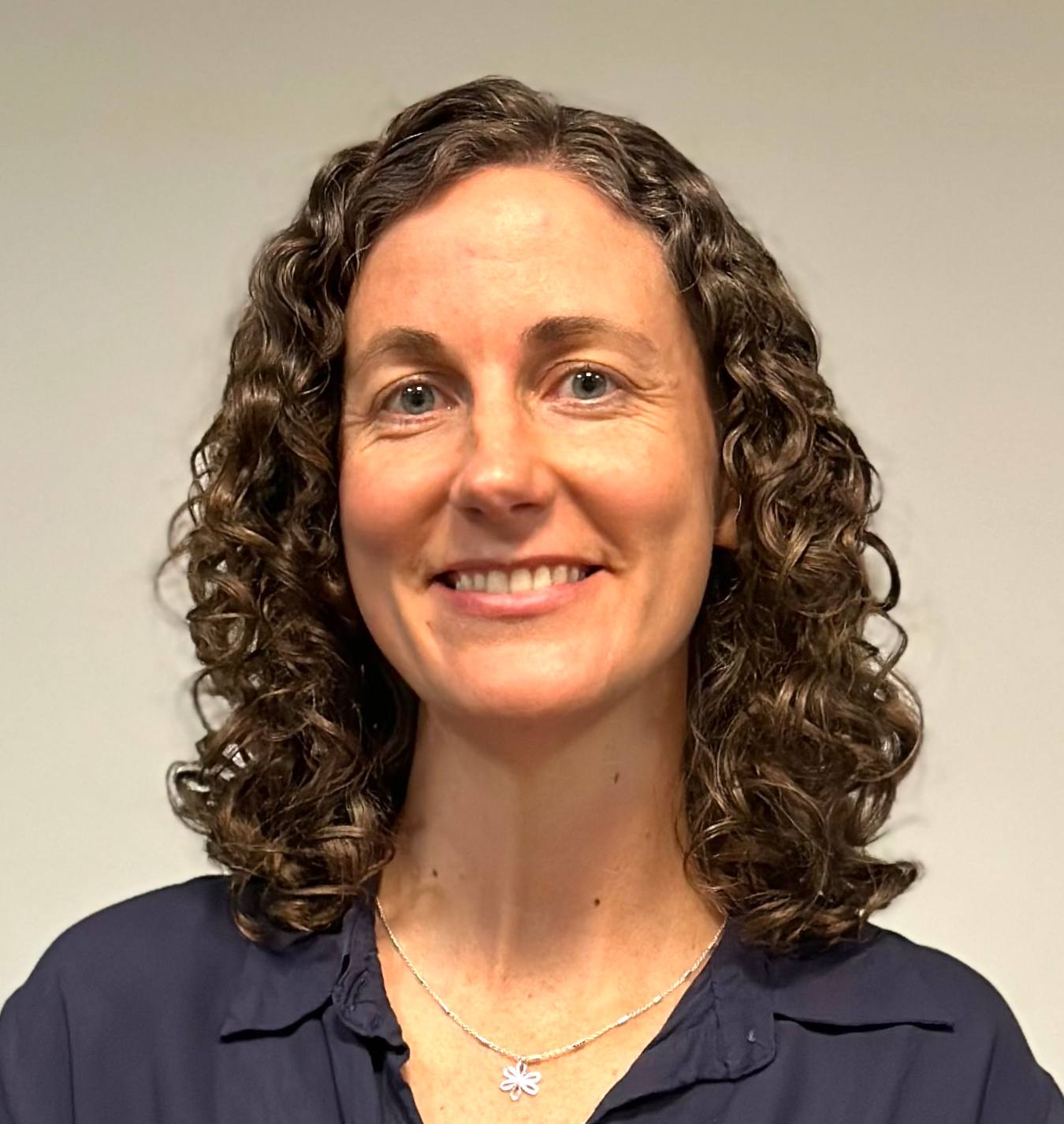
Talitha Asteria
Early Language Coach
-
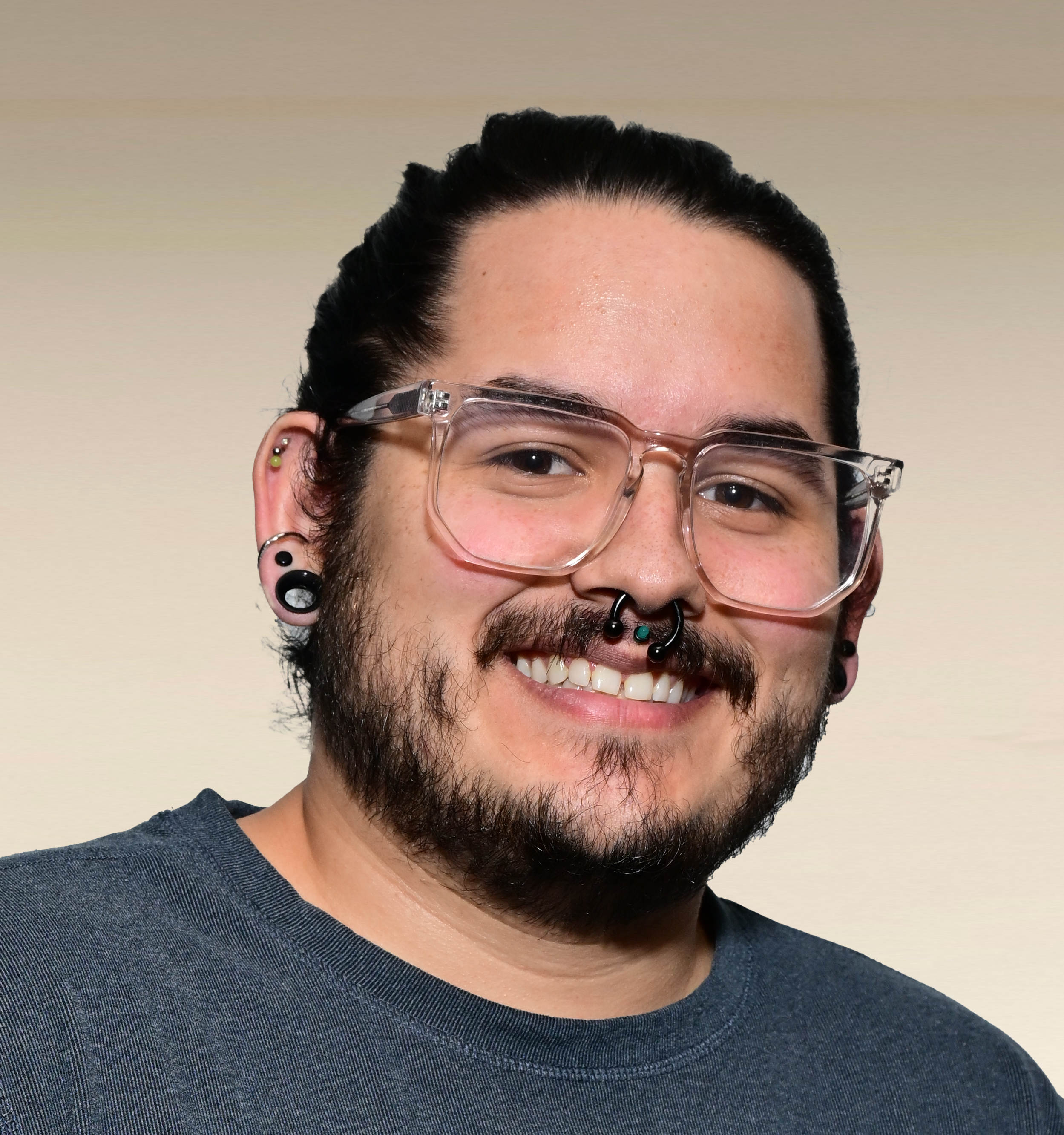
Brandon Cross
Early Language Coach
-
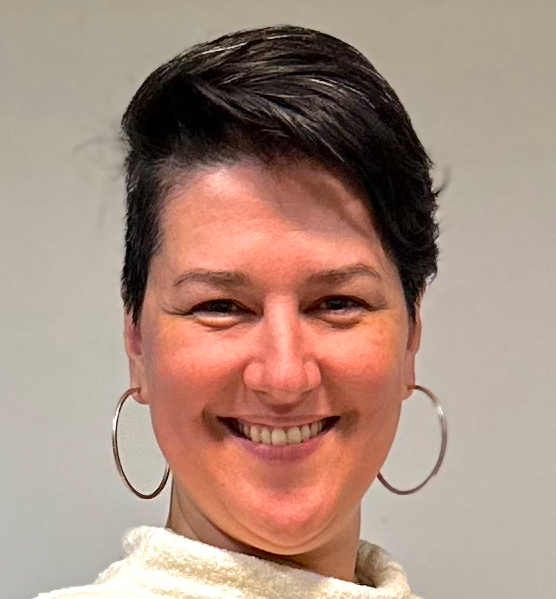
Jessica Kiely
Program Coordinator
-
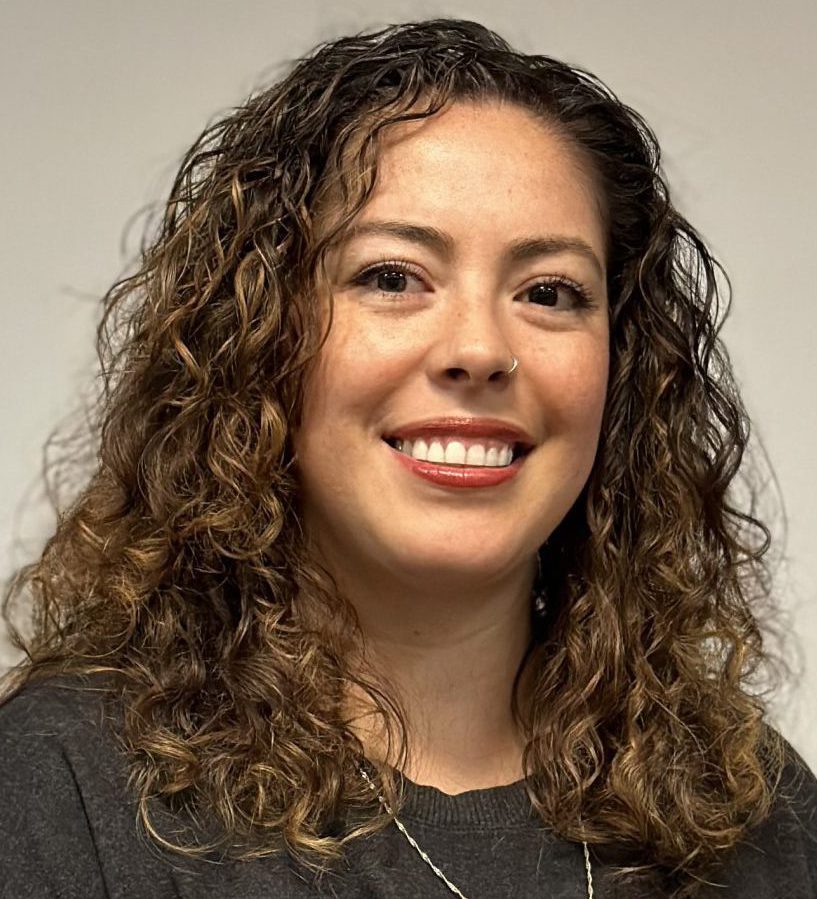
Saida Mendoza
Early Language Coach
-
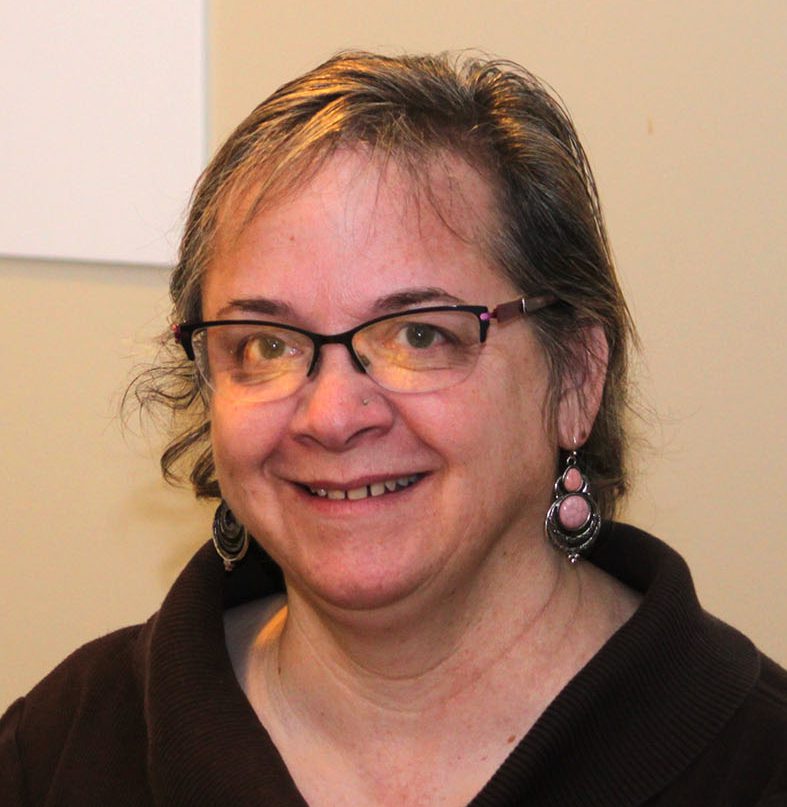
Karen Philo-House
Mentor/Trainer
-
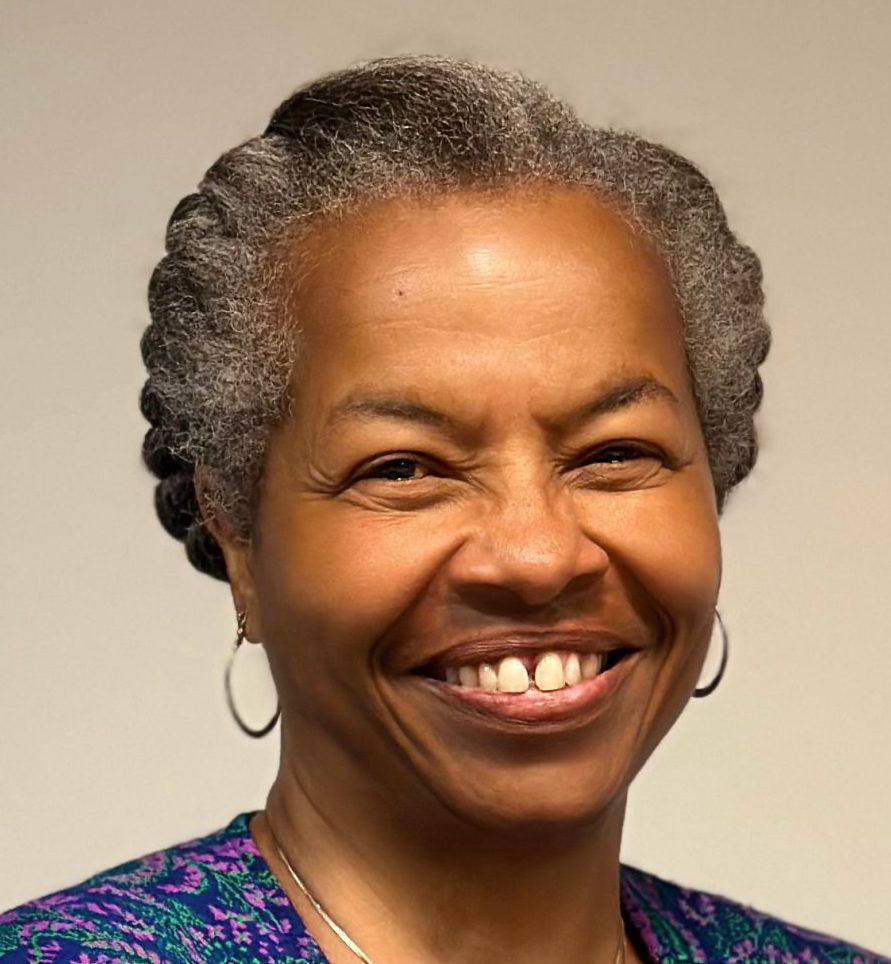
Kim Scott-Olson
PIP Director
-
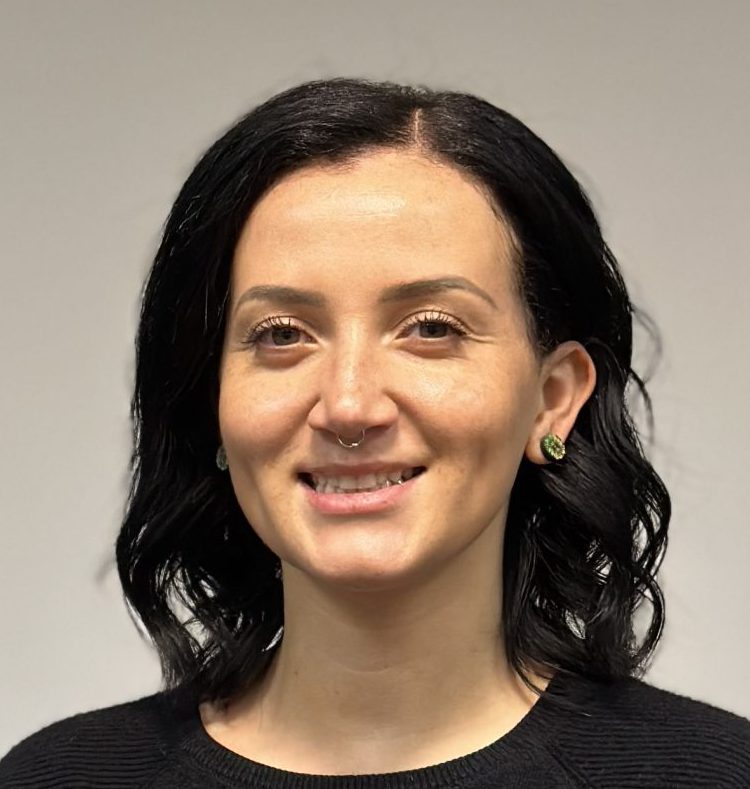
Summer Webster
Early Language Coach
